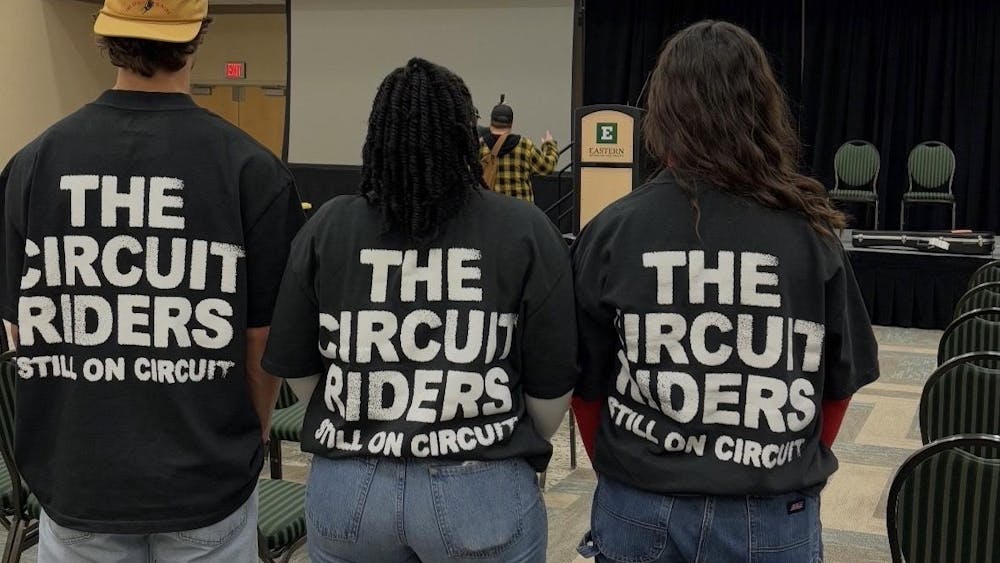Human trafficking happens in every zip code across the country, according to Theresa Flores, a survivor of human trafficking who talked to an audience in the Student Center Thursday evening.
Flores was only 15 years old when she became a victim of human trafficking in Birmingham, Mich. She experienced two years of forced sex labor before escaping.
Human trafficking is the second leading crime in the world. According to the Rose Collar Foundation, approximately 1.2 million children are trafficked each year. Slavery is illegal in every country, but there are 27 million reported slaves
today.
According to Flores, in 2007, slave traders made more money than Google, Nike and Starbucks combined.
“Money is what drives this whole thing,” she said.
She said 350,000 American children are at risk of being sexually exploited each year, and the FBI reports 100,000 youth are
currently being trafficked in the United States.
Human trafficking does not only occur in major U.S. cities. Toledo is the number one recruiting hub for human trafficking in the US.
The Zonta Club of Grand Rapids reported, “Michigan ranks 13th in the nation for the number of sex trafficking victims.”
Flores said Michigan’s proximity to Canada makes it easy for sex traffickers to make people disappear. “The biggest problem for Michigan is you have international borders,” she said.
Traffickers threaten, manipulate or blackmail their victims for commercial sex or labor. Among victims of human trafficking, 3 percent are kidnapped, 35 percent are sold by family members and 62 percent are tricked by another person.
The majority of victims of human trafficking are female, however, 20 percent are men and boys.
Sex trafficking is prevalent in strip clubs, “massage parlors” and rest and truck stops. Forced labor also often occurs in nail salons and ethnic restaurants.
Flores said there are three steps to abolishing human trafficking. The first step involves spreading knowledge by telling at least two people about the problem and hosting awareness events.
The second step is actively making a change by collecting money for the cause.
The third step is getting mad and passionate about the topic, and dealing with abuse by speaking about things in our society that make trafficking possible such as bachelor parties and strip clubs.
“I choose to do this to find my voice and even come back to a very dangerous place,” she said, “Because I don’t want any of those girls to go through what I went through.”









